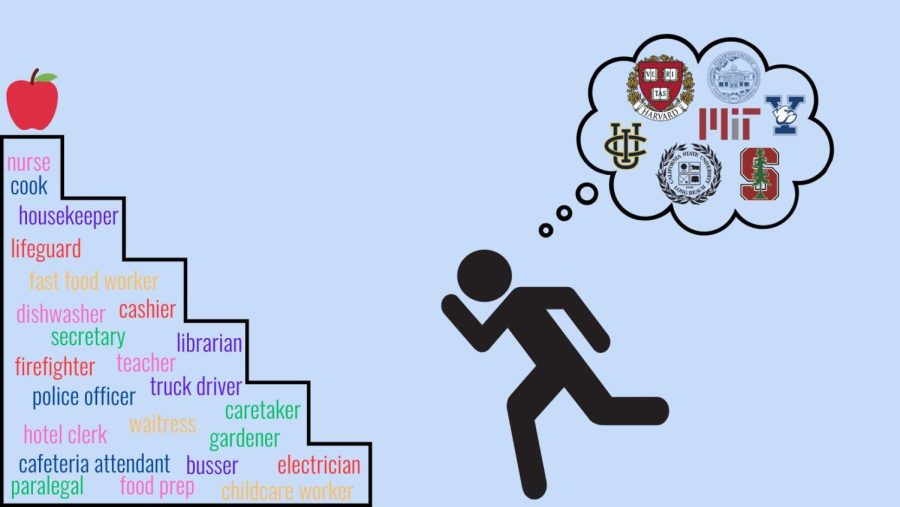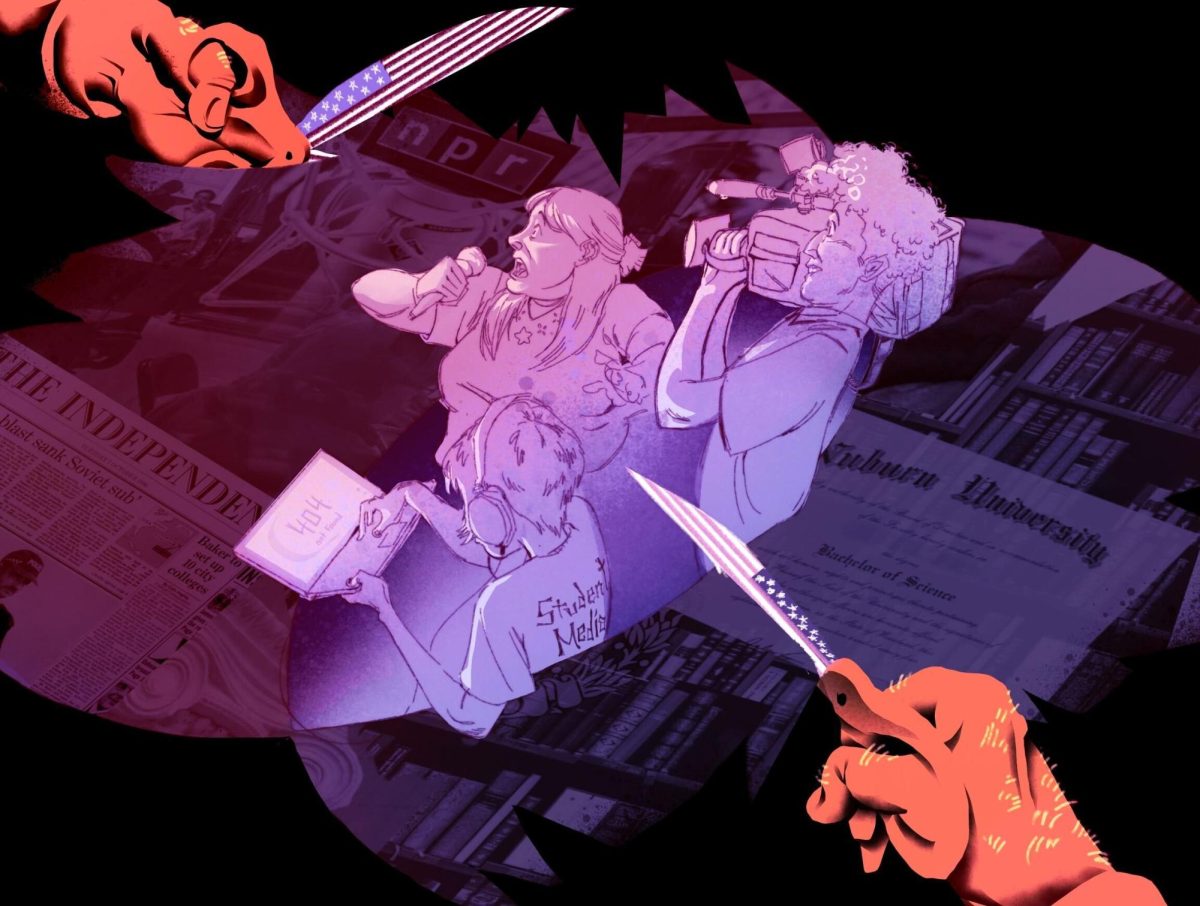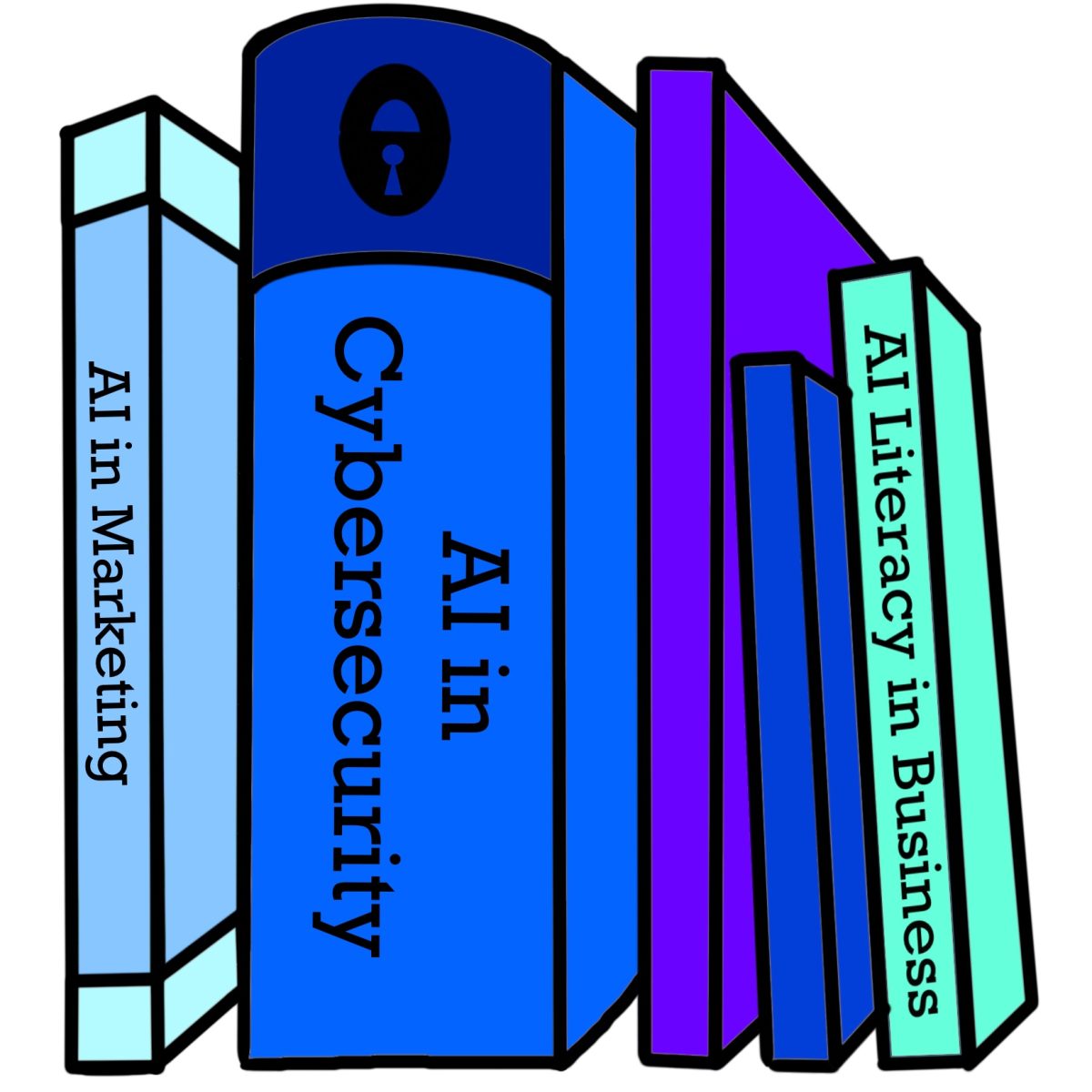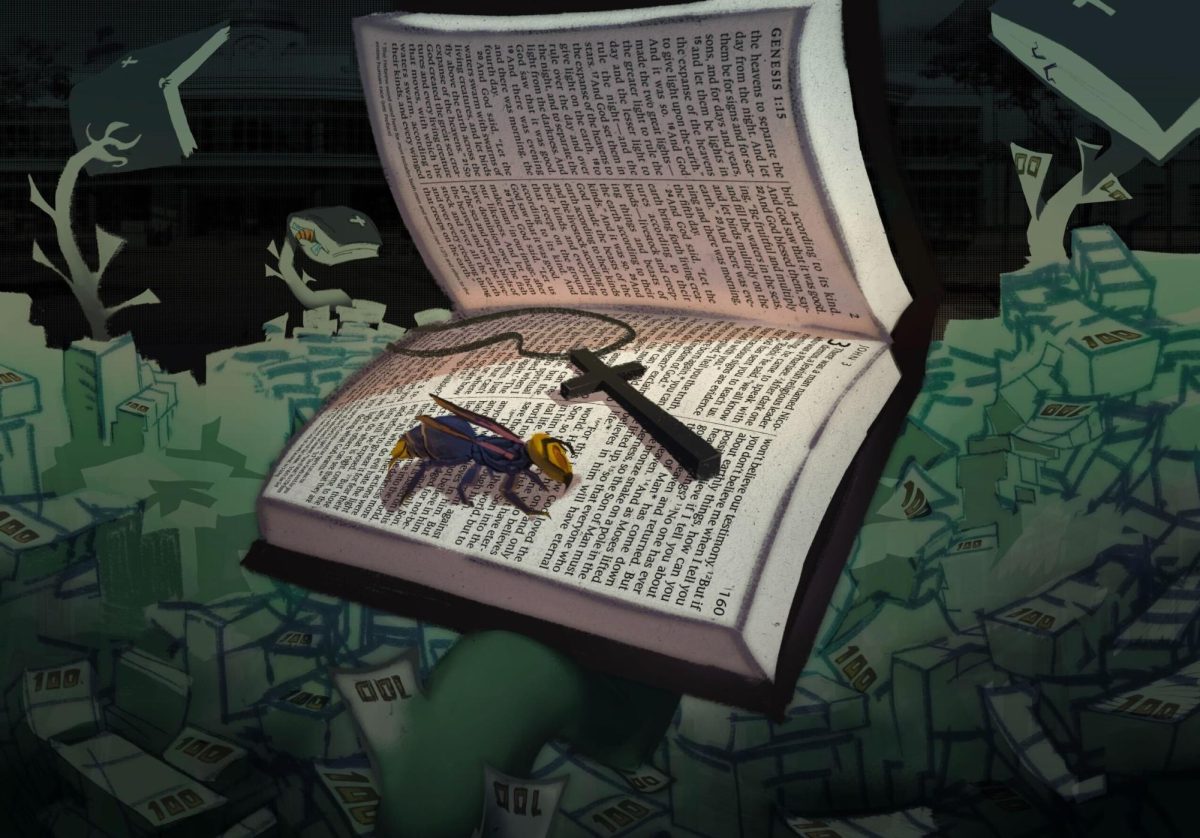Opinion: Free higher education risks becoming too costly for Americans
Erasing college debt and making college tuition free for all is more complex than what many people think. Photo credit: Sara Leon
April 30, 2023
Current pushes coming from mostly Democratic officials suggest that granting the population total free access to higher education will fix the student debt and create more opportunities along with a stronger workforce.
What they fail to realize is those policies would be causing just the opposite.
The ongoing conversation over higher education often tends to be mostly based on the expenses of tuition. A recent statistic published by College Board and the US Department of Education shows that the price of tuition for all colleges has notably risen over time with private non-profit universities raising the prices over $12,000 what they used to be.
It is undeniable that having access to higher education in the United States is becoming a heavier burden for families and the students themselves, but we might need to observe everything surrounding those expenditures.
Higher costs on college education seem to relate to inflation, or rather the constant price increase of all other things in general, that has been evident in recent years. Higher education differs from other expenses being as it is perceived as an investment for the future, getting paid back in the following years after graduation.
Paying for education also works as motivation for students to actually perform well in school and get their degrees. If not achieved, the investment would turn into a total waste of money which will need to be fixed with even more money.
The main argument for free higher education stems from many citizens’ salaries remaining stagnant alongside inflation. With the cost being an issue for most college students, many hold the belief that making higher education free will make all our economic problems disappear and create better opportunities for everybody.
In an article written for The Catholic Social Science Review, author and professor of political science Stephen M. Krason suggested that lowering the prices of universities will also lower the standards which students need to meet in order to be accepted into the institution. This will certainly impact all students, since the quality of education received will have to adapt to those standards.
It will also lower the level of commitment and dedication a student would give to their education, as they will not give it the same value since the cost isn’t coming out of theirs or their families’ pockets. This will negatively impact the graduation rates, and, with lower academic standards on the table, could ultimately weaken the ability of our country’s workforce.
The term “free education” is wrongly misunderstood in this conversation. Faculty and staff will obviously still need to be paid. If we implemented free higher education, the money will, almost in its totality, come from the government, which can and will negatively affect American citizens.
As an example of the government putting its hands on higher education, Krason pointed out the loan and grant program, created by former President Lyndon B. Johnson, called “Great Society”. The program was painted to be the solution for the economic problems that prevented low income students from attending school. It was not claimed to lower the standards on some institutions, but it did create a new wave of student debt crisis and quick inflation.
A similar but bigger case of economic disruption could be seen now with an attempt of making higher education free. This could motivate the federal government to increase the tax rates as there will be a need to cover the billions of dollars it will cost annually.
Biden’s plan to reduce the cost of education and make it practically free was calculated to cost $750 billion dollars over his four years in office as stated by Rob Berger in his article for Forbes. He also reveals that the way in which it was planned to be paid was to make the wealthiest Americans “pay their fair share.”
An increase in tax for the wealthy, in which many are business owners and job generators, will trigger both a massive decrease in employment for people working for these companies and the inflation of product prices all in an effort to cover the need of old and new tax rates imposed by the government. This would have a strong impact on the American middle class, and not in a good way.
Our government should address the issue of higher education costs by focusing on the even greater problem in which it belongs to. We should tackle increasing inflation by policies, reducing business regulations, and allowing for easier trade among businesses and corporations could mean the solution to all our economic issues, including college students.



















